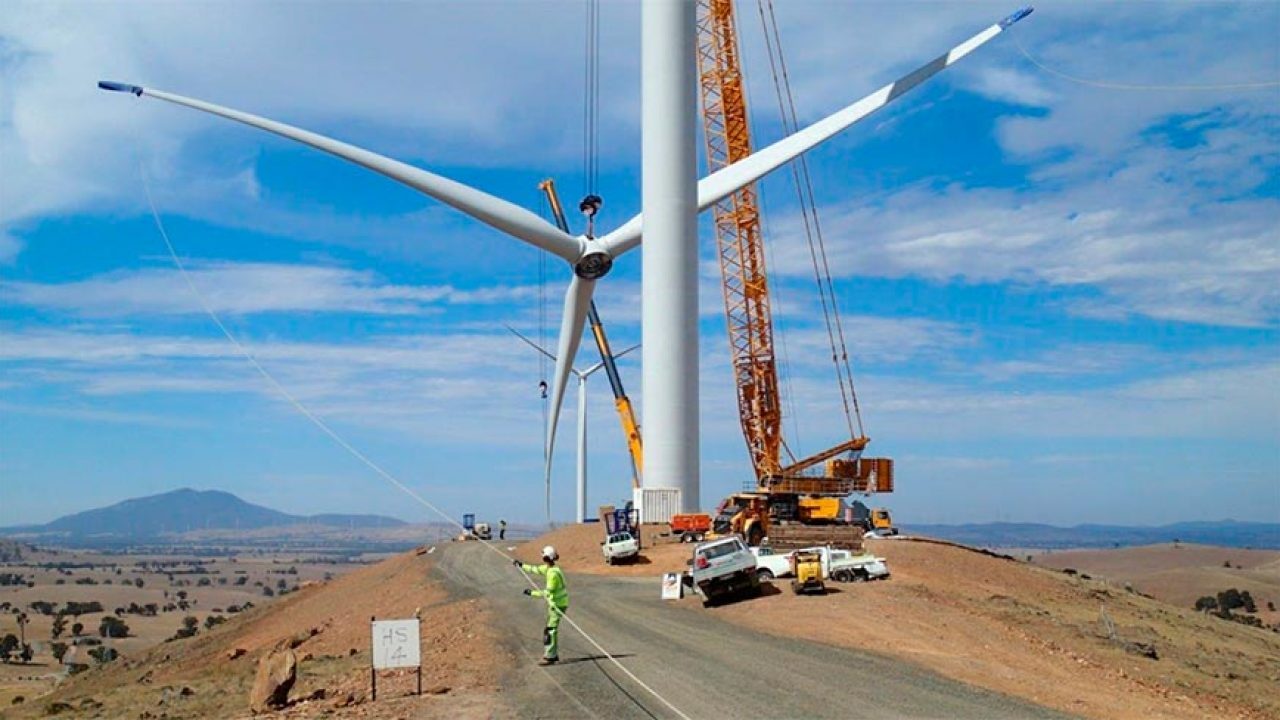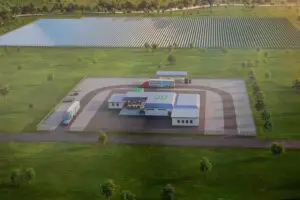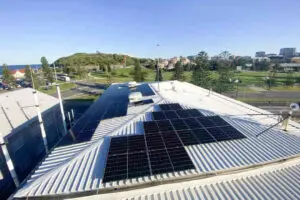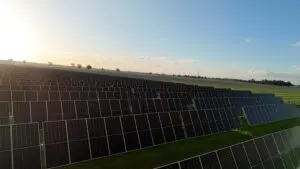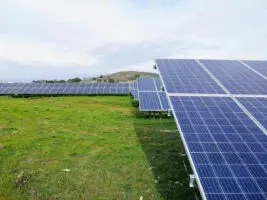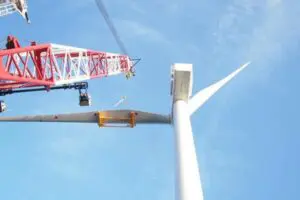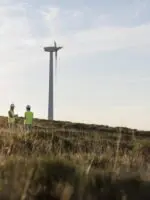Wind turbine prices are expected to jump by up to 10% over the next 12 to 18 months, due to a combination of increased commodity prices, logistics costs, and Covid-19 related challenges.
Energy analysts Wood Mackenzie say in their latest “Global wind turbine supply chain trends” report that prices of steel, copper, aluminium, and fibre have all increased over the last six months.
This has added to a four-fold increase in logistics costs, and will likely continue for the next four to five quarters.
“Turbine OEMs (manufacturers) and component suppliers face a double whammy of cost increases and demand softening over the coming two years,” said WoodMac analyst Shashi Barla, citing also the phase out of the US Production Tax Credit and China feed-in-tariffs.
Further cost pressures are looming for wind turbine manufacturers as, according to WoodMac, “the US-China trade tussle is not showing any signs of improving”, which has forced the likes of Vestas, Siemens Gamesa and Nordex to explore alternative supply hubs, such as in India.
“As OEMs continue to manufacture the latest generation turbines in India, component suppliers are expanding within the market to produce components closer to their clients’ nacelle factories,” he said.
Adding extra pressures on the next several quarters for wind turbine OEMs, next-generation technologies and materials will need to be adopted, according to Wood Mackenzie, or face the risk of supply chain bottle necks for important materials over the next four to five years.
“If the capacity of critical capital components and raw materials does not expand over the next two years, the wind turbine industry will encounter supply constraints that could pose issues for country-level decarbonisation targets,” said Barla.
“Offshore nacelle capacity, carbon fibres, pultrusions, permanent magnet generators, large diameter main shaft bearings, gearbox bearings, semi-conductors, and specialised castings are at risk of future shortages.”

